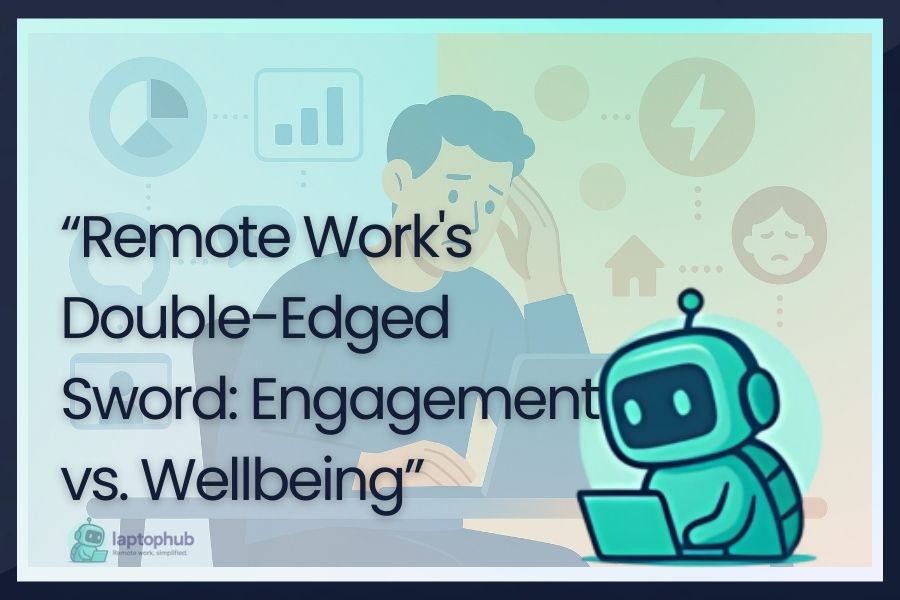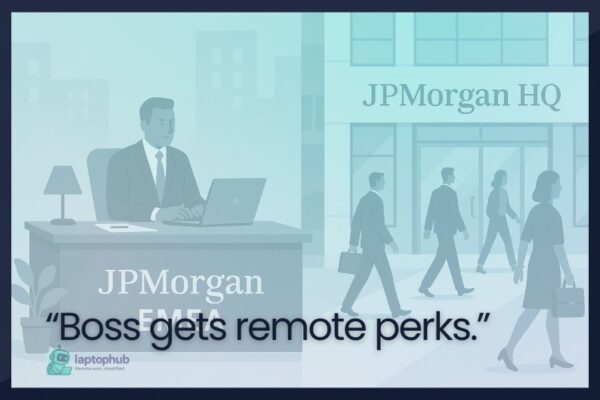A new report from Gallup has uncovered a growing paradox in the world of remote work. The study, which surveyed thousands of remote-capable workers in early 2025, reveals that while remote workers are often more engaged than their office-bound peers, they also report lower overall wellbeing and higher levels of emotional stress.
Engagement Gains for Remote Workers
According to Gallup’s findings, 31% of fully remote workers reported being actively engaged in their jobs—meaning they feel connected, enthusiastic, and invested in their work. This compares favorably to 23% of hybrid and on-site remote-capable employees, and only 19% among non-remote-capable, fully on-site workers. Gallup attributes this to the increased autonomy that remote work provides, giving individuals more control over their schedule, workspace, and task prioritization.
The ability to avoid long commutes and customize their environment has contributed to a sense of empowerment and focus among remote professionals.
But Wellbeing Suffers in Isolation
However, the same study reveals a significant downside: only 36% of fully remote workers reported thriving in their overall wellbeing, compared to 42% of hybrid workers and their in-office peers. Remote workers also reported higher levels of stress, sadness, and loneliness, with 45% saying they felt stressed the previous day, compared to 38–39% among in-office groups.
Gallup points to the blurred boundaries between work and home, limited social interaction, and lack of real-time team connection as contributing factors. While remote work enhances productivity and engagement, it can simultaneously lead to emotional fatigue and isolation if not properly managed.
Recommendations for Employers
To address this, Gallup advises companies to proactively support remote employees beyond productivity metrics. This includes:
- Regular check-ins to foster human connection
- Encouraging social bonding opportunities (virtual or in-person)
- Mental health resources and wellness stipends
- Clear work-life boundaries (e.g., no-meeting blocks, core hours)
Gallup’s researchers conclude that remote work isn’t inherently harmful to wellbeing—but it requires intentional effort from both employers and employees to create sustainable, human-centered remote environments.
Read our editorial guidelines to learn how we report news on LaptopHub.





